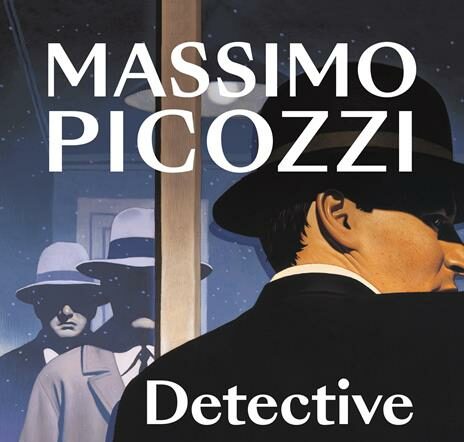History and stories of detectives

“Detectives. Stories of great cops and brilliant detectives” by Massimo Picozzi (Solferino) read by Tullio Fazzolari
For diehard fans of the detective genre nothing can ever replace the novels of Georges Simenon, Agatha Christie or Raymond Chandler. And this now also applies to more recent authors such as Alicia Gimenez Bartlett, Daniel Pennac and many others. But the "yellow" is not just a literary invention. “Detectives. Stories of great cops and ingenious detectives” by Massimo Picozzi (Solferino, 352 pages, 19.50 euros) is the demonstration that reality often surpasses imagination or, at least, manages to compete on equal terms. One example is enough to understand this.
There was no need for the creative imagination of a writer to invent a character like Francois Vidocq, who actually lived between 1775 and 1857. On the contrary, he will inspire great novelists including Hugo and Balzac because he simultaneously embodies good and evil . From petty thief and swindler, probably even a murderer, albeit by mistake and famous for his escapes, Vidocq transforms into the best policeman in France. He is entrusted with the task of forming and leading the Sureté, a team of twelve agents who operate undercover by infiltrating the underworld. They know their way around because initially they are almost all ex-cons like Vidocq and manage to capture the most dangerous criminals. Thanks to Vidocq's successes, the Sureté becomes an institution and a model imitated by police forces all over the world.
With "Detective" Massimo Picozzi traces the entire history of the best detectives starting from Bernard Gui, the fourteenth-century inquisitor who inspired Umberto Eco in "Name of the Rose", up to the present day. From Scotland Yard to the Federal Bureau of Investigation is a complete story that manages to remove the derogatory connotation that it has wrongly acquired over time from the word cop. The real cop is on the side of justice and that's enough. It's what we saw in the cinema but it actually happened first. Serpico was the policeman who unmasked his corrupt colleagues. Wyatt Earp was the undaunted sheriff. Eliot Ness was the federal agent who patiently managed to demolish the criminal empire of Al Capone. Mario Nardone was the Italian superpoliceman who with great skill defeated the gang in via Osoppo and arrested Rina Fort, the "Belva di San Gregorio".
In novels, from Miss Marple to Pedra Delicado, female detectives have a leading role. Needless to delude ourselves that it is exactly the same in reality, however it would be wrong to think that there are not. Maud West was certainly one of the best British detectives so as to be nicknamed Lady Sherlock Holmes. With great sensitivity Massimo Picozzi recalls in his book Rosa Scafa that she was the first and for some years also the only policewoman in Italy. At the time only men could enlist in the police while in Trieste there was a women's department and Rosa Scafa was part of it. Trieste finally returned to Italy in 1954 he entered the state police. She was in fact the pioneer of a long path of emancipation which in the end, overcoming bureaucratic obstacles and narrow-minded prejudices, led women to have the same functions and dignity as men. Detective, if you think about it, is neither a masculine nor a feminine word.
This is a machine translation from Italian language of a post published on Start Magazine at the URL https://www.startmag.it/mondo/storia-e-storie-di-detective/ on Sat, 25 Feb 2023 08:37:07 +0000.
